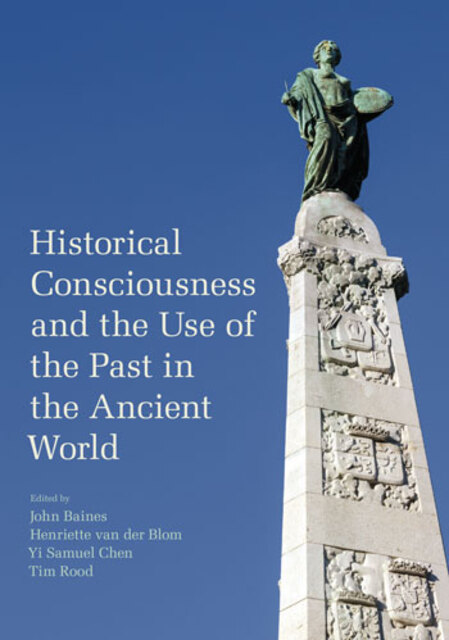Baines et al./Historical Consciousness, 7. Meaningful Pasts

Full description
Each society creates an imaginary time consubstantial with its own existence. We may infer that the organzing logics of societies create their specific forms of past. Ancient Egypt provides a test case, exhibiting logics relating to kinship and the state, the first seemingly deriving from remote times while the second emerged during the 4th millennium BC, subsuming but not eliminating the first. Is it possible to identify basic features of the past perceived in relation to these logics? Whereas it is difficult to consider characteristics of the imagined past in pre-state times, it is possible to detect influence of kinship logic in later formulations of ideas about the past, as well as other ideas related to state logic. After setting the theoretical context, this article explores these issues primarily through analysis of Egyptian texts of the third and second millennia BC. Kinship logic moulds the past in terms of two principal regularities associated respectively with cyclical and linear time. Both imply permanence, but the former is achieved by repetition and the latter by continuity. The former involves positions defined by kinship and expectations of the perpetual cycle through which parents beget children who then become parents. The latter corresponds to the dynamics of intergenerational continuity, mainly expressed through prominent ancestral figures. Once state logic emerges, it redefines conceptions of past, creating new modes of recording that enable the introduction of other timescales and reformulating kinship temporality. The only repetitive regularities which are relevant for state logic are the king’s actions, especially his affirmation of order over chaos. Linear regularities are reformulated so that continuity in time implies not only each successive king’s establishment of order but also its expansion, through what scholars term the ‘imperative to surpass’.
- typeImage
- created on
- file formatjpg
- file size36 KB
- container titleHistorical Consciousness and the Use of the Past in the Ancient World
- creatorMarcelo Campagno
- isbn9781781796580 (eBook)
- publisherEquinox Publishing Ltd.
- publisher placeSheffield, United Kingdom
- rights holderEquinox Publishing Ltd.
- doi
We use cookies to analyze our traffic. Please decide if you are willing to accept cookies from our website. You can change this setting anytime in Privacy Settings.
